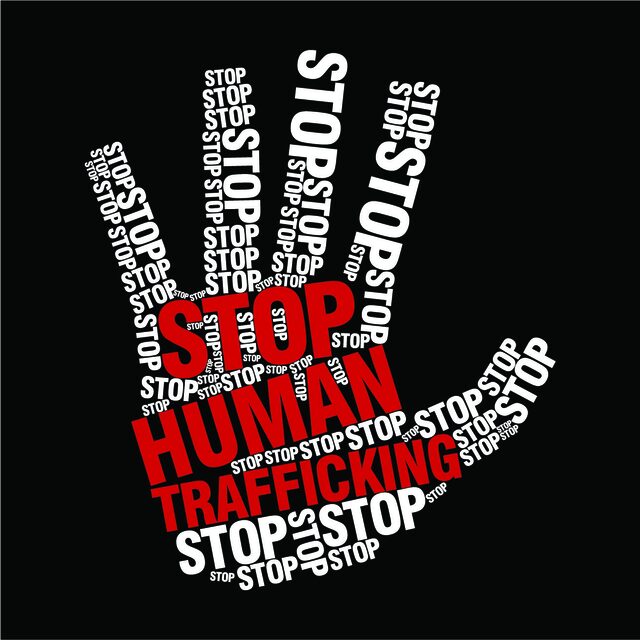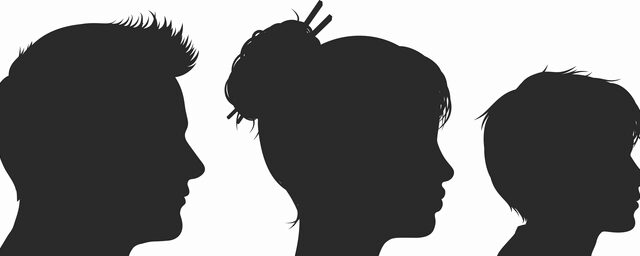Report Prostitution Activities and Help Stop Human Trafficking

The San Francisco Police Department is focused on collaborating with the community to combat prostitution, human trafficking, and other illegal activities related to the exploitation of underage minors and victims of human trafficking.
The San Francisco Police Department urges you to report any prostitution-related offenses. Once the information has been reviewed and verified, a letter of visibility or "Dear John" letter may be mailed to the registered owner of the vehicle. The letter states the vehicle was observed in an area known for prostitution and human trafficking offenses and informs individuals of SFPD's enforcement efforts.
Never put your safety at risk by attempting to take a photograph or obtain information. Please gather information discreetly and never confront suspicious persons. Dial 911 for emergencies.
Resources
- SFPD Special Victims Unit
Phone: 1-415-553-9225
- SFPD Human Trafficking Unit & Hotline
Hotline: 1-415-643-6233
Questions regarding the Report John Program, including visibility letters, should be directed to SFPD's Human Trafficking Unit at 1-415-553-9132 or by email at [email protected].
- National Human Trafficking Hotline
Phone: 1-888-373-7888 or send a text to 233733 or TTY 711
- San Francisco Collaborative Against Human Trafficking
This non-profit safely and confidentially connects survivors of human trafficking with resources and protections. These services can provide information and guidance on how to navigate options and determine next steps.
Visit the SF Collaborative Against Human Trafficking website
Phone: 1-415-907-9911
- San Francisco Safehouse
Safehouse works to empower and support those who are experiencing housing instability and sexual exploitation or trafficking, by creating survivor-centered spaces, services, advocacy, and community education.
Visit the San Francisco Safehouse website
Need help? Call the SF Safehouse
- San Francisco Suicide Prevention
San Francisco Suicide Prevention’s 24-hour Crisis Line provides crisis intervention and emotional support to everyone who calls. Since 1962, they have been answering the telephone around the clock, whenever they are needed. They have maintained this service for over 50 years through the wonderful dedication of over 200 trained individuals who volunteer their time to answer the phones and help their neighbors through a crisis. All volunteers are trained and supervised by professional staff and receive ongoing training to hone their skills with the newest developments in the field of suicide prevention.
Get help, call the 24/7 crisis line.
Or, text "HOME" to 741741 which offers a 24/7 Lifeline Chat.
- San Francisco Department on the Status of Women
The San Francisco Commission and Department on the Status of Women promotes equitable treatment and fosters the advancement of women and girls throughout San Francisco through policies, legislation, and programs.
- San Francisco District Attorney's Office - Victim Services
The Victim Services Division (VSD) of the San Francisco District Attorney’s Office strives to make the criminal justice system humane and accessible by providing support and assistance to victims and their families in the aftermath of a crime, during criminal prosecution, and after a verdict has been reached. Even if justice is served in the courtroom, it does not always immediately change the way victims feel in their day-to-day lives afterward.
Their division provides victims with advocacy, streamlines the process for collecting restitution and recouping compensation for financial losses when possible, and, in general, works tirelessly to support victims regain control over their lives.
Please contact them for more information if you are, or have been, a victim of crime.
Terms
Human Trafficking: Also known as trafficking in persons, is a crime that involves compelling or coercing a person to provide labor or services, or to engage in commercial sex acts. The coercion can be subtle or overt, physical or psychological. Exploitation of a minor for commercial sex is human trafficking, regardless of whether any form of force, fraud, or coercion was used.
- Victim: There is no single profile of a trafficking victim. Victims of human trafficking can be anyone—regardless of race, color, national origin, disability, religion, age, gender, sexual orientation, gender identity, socioeconomic status, education level, or citizenship status.
- Trafficker: Just as there is no one type of trafficking victim, perpetrators of this crime also vary. Traffickers can be foreign nationals or U.S. citizens, family members, partners, acquaintances, and strangers. They can act alone or as part of an organized criminal enterprise. People often incorrectly assume that all traffickers are males; however, the United States has prosecuted cases against women traffickers. Traffickers can be pimps, gang members, diplomats, business owners, labor brokers, and farm, factory, and company owners.
